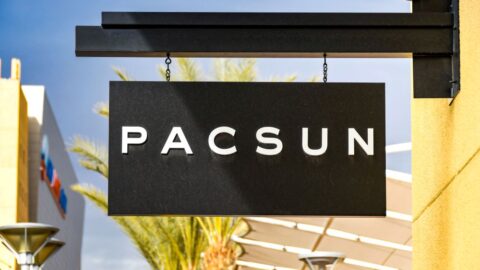Bowing to pressure from shareholders, Travis Kalanick has reportedly been forced out as CEO of Uber following months of turmoil at the ride-hailing company. Uber recently fired more than 20 employees after investigations into the company’s culture regarding several sexual harassment and discrimination charges; accusations of an “unrestrained” workplace environment; and allegations that the company used technology to deceive regulators in cities both in the U.S. and abroad.
Earlier in June, Kalanick announced that he would take an indefinite leave of absence, in part to deal with grief over the recent death of his mother in a boating accident. But according to the New York Times, a temporary departure was not enough for five of Uber’s major investors, who demanded on June 20 that Kalanick resign immediately. Although he has formally stepped down from his CEO post, Kalanick will remain on Uber’s board of directors and still retains control of a majority of Uber’s voting shares.
Founded in 2009, Uber is one of the sharing economy’s success stories. With a valuation of nearly $70 billion, it is one of the most highly valued private companies in the world. It has become a verbal shorthand for disruptive, tech-savvy business models. Uber and other similar services have become integral parts of retailer’s efforts to compete in the “last mile,” providing on-demand delivery services such as UberRUSH and Deliv.
The company has grown despite (or perhaps because of) a hypercompetitive internal culture, which has led to multiple executive changes. When then-President Jeff Jones left Uber in March 2017 after only seven months with the company, he issued a statement that said: “I joined Uber because of its mission, and the challenge to build global capabilities that would help the company mature and thrive long term. It is now clear, however, that the beliefs and approach to leadership that have guided my career are inconsistent with what I saw and experienced at Uber, and I can no longer continue as president of the ride sharing business.”
The retail industry has seen how a CEO’s personality can have a disruptive effect on operations even after he or she leaves the organization. American Apparel CEO Dov Charney was forced out of his position in 2014 amid a cloud of sexual harassment allegations, but his ownership stake in the company meant he continued to rock the boat for the brand. While American Apparel’s troubles, which have included a bankruptcy filing and store closings, can’t all be laid at Charney’s feet, it’s almost certain that the steady drip of new allegations and the negative press have not been helpful.
Contrast American Apparel and Uber with J.Crew, where long-time CEO Mickey Drexler recently stepped down. Drexler’s downfall was due to his (and the company’s) inability to embrace and respond to the technological changes that have been roiling the retail industry. Uber may have the technology right, but the personalities at the top apparently are more suited to a go-go startup than a major corporation.












